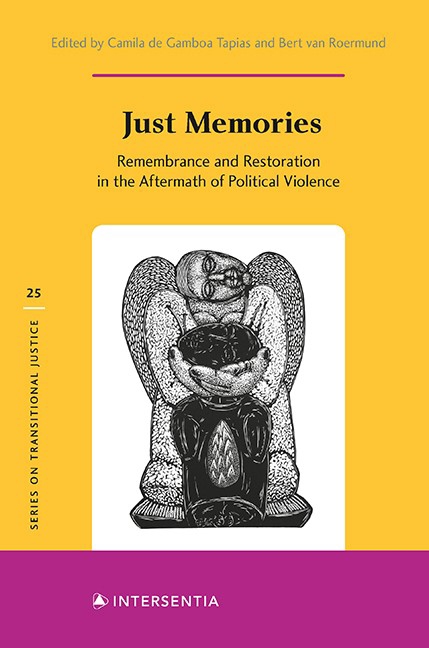Chapter 10 - Letting Go and Creating New Opportunities in Palestinian Women’s Words: “‘They’ Entered and Took ‘us’”
Published online by Cambridge University Press: 11 February 2021
Summary
INTRODUCTION
Life stories are powerful. They are politically, socially, and culturally constructed. Stories reveal what we want to tell ourselves and the world but they also censor and silence what we do not want to tell. This author interviewed 37 women living in Lyd and Ramleh, using the life story method to collect data. Despite living on the margins, and being excluded and silenced as women, as Palestinians and as Israeli citizens, they were nevertheless able to keep and maintain a distance from an elitist, intellectual and masculine meta-national narrative, while fostering an open space that allowed them and others to learn about modern national ideology, where they could clarify who and what they endorsed, who and what they censored, and for which purposes. When referring to the Nakba – the expulsion and dispossession of Palestinians that they witnessed in 1948 – these women used phrases like “they came and took us”, or “when Israel came and took us”. This chapter asks what this phrasing means and what options it carries and offers? What are the limitations and the opportunities they suggest in relation to the Palestinian-Zionist conflict?
It is argued here that in these words of these Palestinian women, in particular those referring to 1948, although replete with memories of displacement, dispossession, and both personal and collective pain and sorrow, nevertheless the seeds of new opportunities are found. With their peculiar choices of phrases and terms, they signal their resistance to the narrative constructs of Zionist ideology and reveal its oppressive practices and policies. Simultaneously, however, they also challenge a parallel intellectual-masculine Palestinian national narrative. Despite the limitation of the patriarchal forms of expression, in resisting both narratives these women create opportunities and alternatives to abusive familial relationships that pervade each of the conflicted groups and their interrelations. Their mixture of political and personal, private and public discourses carries with it the potential to resolve the bitter conflict between the two nationalist ideologies, liberating both parties from their oppressive masculine dominant presumptions about freedom. Their words also indicate an innovative and subversive potential for a radical re-organization of Palestinian and Israeli social life, including gender relations.
- Type
- Chapter
- Information
- Just MemoriesRemembrance and Restoration in the Aftermath of Political Violence, pp. 221 - 240Publisher: IntersentiaPrint publication year: 2020

